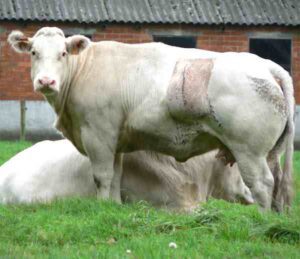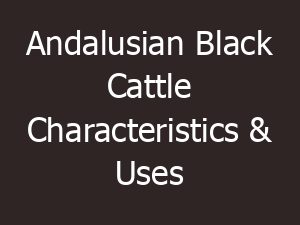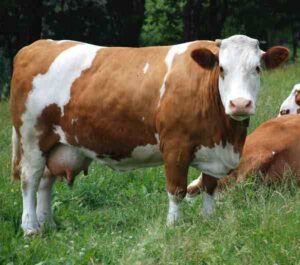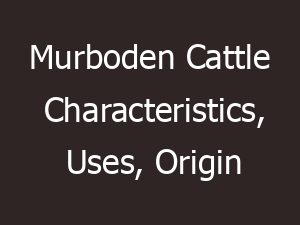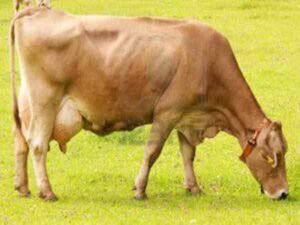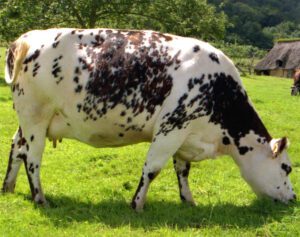The Arouquesa cattle are relatively a small breed of cattle from Portugal. It is a dual purpose breed which are good for both milk and meat production.
It’s main region is circumscribed almost exclusively to the Northern Portuguese districts of Viseu, Braga, Aveiro and Porto.
The breed was granted protected geographical status of Denominação de Origem Controlada (DOC) from the European Commission. Read some more information about the breed below.
Arouquesa Cattle Characteristics
Arouquesa cattle are smaller sized animal. Their coat color is mainly light brown. Although the bulls may become a little darker than the cows. Their mucosa and claws are generally of dark color.
Both bulls and cows have horns. Their horns are large which are wide and are directed forward, first down and then up. They have pretty strong legs, and their hind legs are very muscular.
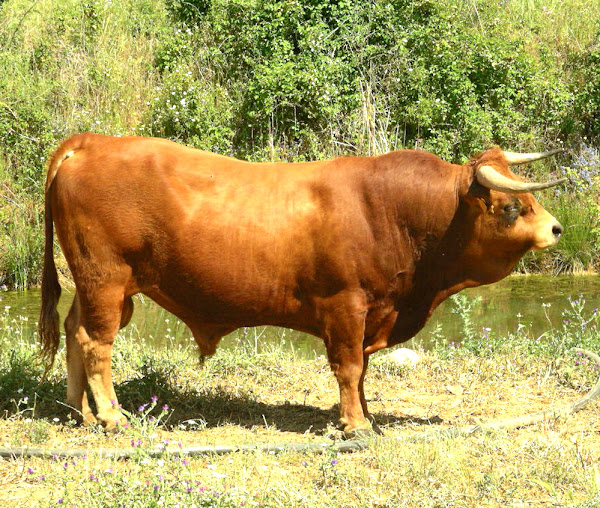
The bulls can reach a height of about 134 cm, and the cows about 123 cm. Average live body weight of the mature cows vary from 350 to 400 kg. And the mature bulls on average weight between 360 and 430 kg. Photo and info form Wikipedia.
Uses
Arouquesa cattle are actually a dual purpose animal. They are good for both milk and meat production.
Special Notes
The Arouquesa cattle are very affable but active animals. They are very long lived animals and 16-18 calves per cow are common.
They are very well adapted to the mountains. Along with milk and meat production, the breed is also very good for using as a draft animal. The oxen were often exported to Great Britain in the past century mainly because of their good beef quality.
The Arouquesa beef was the winner of the “Award for the Best Beef” in 1902. But unfortunately today this excellent and fine marbled beef is only known in Portugal.
The Arouquesa cattle breed is counted as the best native breed for beef production in Portugal. However, review full breed profile of the Arouquesa cattle in the following chart.
| Breed Name | Arouquesa | |
| Other Name | None | |
| Breed Purpose | Milk and meat | |
| Special Notes | Well adapted to native climates, very good for meat production, hardy, good for milk, good quality meat, very fertile, good quality milk, easy calving, easy to handle, good for draught works, active | |
| Breed Size | Small | |
| Bulls | 360-430 kg | |
| Cows | 350-400 kg | |
| Climate Tolerance | Native climates | |
| Coat Color | Mainly light brown, but the bulls may become light darker than the cows | |
| Horned | Yes | |
| Milk Yield | Good | |
| Rarity | Common | |
| Country/Place of Origin | Portugal |

